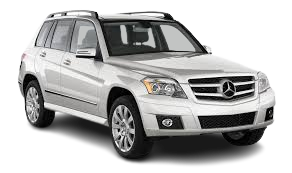
Used Car Lemon Law
The Used Car Act, also known as the Used Car Rule, is a federal law in the United States that requires used car dealers to provide consumers with certain information about the vehicles they are purchasing. The law is enforced by the Federal Trade Commission (FTC) and applies to all used cars sold by dealers, including cars that are still under a manufacturer’s warranty.
Under the Used Car Rule, dealers must display a “Buyers Guide” on each used car they offer for sale. The Buyers Guide must include information about the vehicle’s warranty, if any, and whether the vehicle is being sold “as is” or with a warranty. It must also provide information about the major mechanical and electrical systems of the car, any known defects or problems, and any prior history of accidents or damage.
